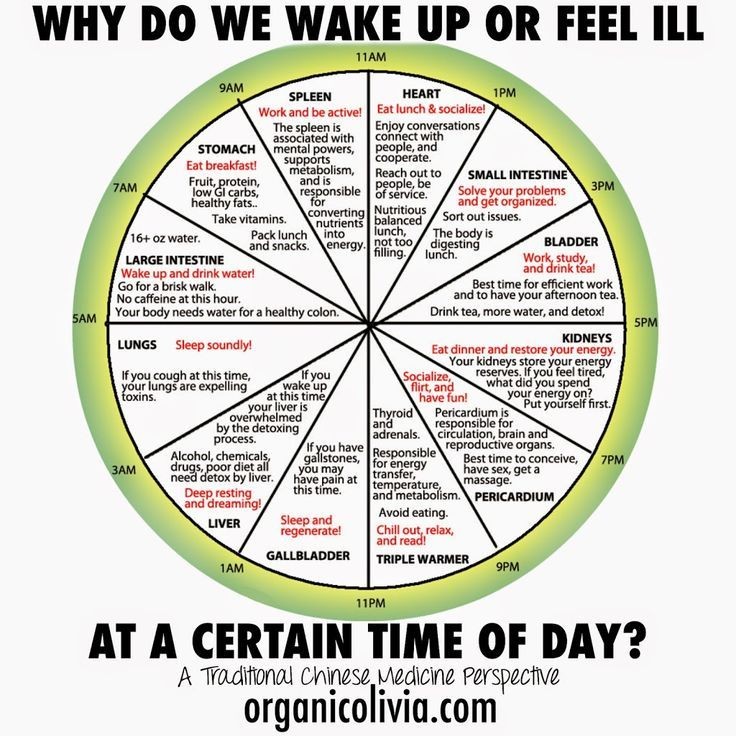
Contents
How to Reset Your Baby’s Body Clock
Babies are born with an immature circadian rhythm that begins to regulate between 4-6 months of age. While newborns may need multiple naps totaling 18 hours of sleep, by 6 months old, they may sleep for longer stretches at a time.
To mature the circadian rhythm, it’s important to go outside frequently during the day, establish a consistent bedtime, and maintain a regular sleep schedule.
Things to know about a baby’s body clock
- While in the womb, babies sleep during the day when the mother is awake and are more awake at night when the mother sleeps.
- It is critical to reverse this pattern in order to establish a sleep routine, and it can take several months.
- Research shows that integrating newborns into their parents’ daily routines, especially during the first 4 months, helps them adapt to the 24-hour day more quickly.
- Newborns typically sleep 4-6 hours during the day, with longer stretches at night.
- As the baby grows, their sleep pattern becomes more established, and the production of melatonin helps with nighttime sleep.
- Creating a darker environment before bedtime helps the baby fall asleep faster.
- Keep your voice low and avoid stimulating the baby at night.
- Avoid late afternoon or evening naps and feed the baby well before bedtime.
- Research suggests that babies may not settle down at night and sleep for more than 5 hours until they are 3-5 months old.
- Be prepared for changes in routine as the baby grows and goes through developmental phases. Keep in mind that sickness, teething, and sleep regressions can disrupt the sleep routine.
From the beginning, it’s a good idea to teach your baby the difference between nighttime and daytime.
During the day:
- Open curtains.
- Engage in playtime.
- Take them outside regularly.
At night:
- Keep the lights dim.
- Speak softly.
- Change their nightdress and feed them before putting them to sleep.
Why are newborn babies’ sleep patterns unpredictable?
Unpredictable sleep patterns can also be due to nutritional needs. From birth to 3 months old, babies often have irregular sleep habits.
- Newborns do not yet have a circadian rhythm, an internal 24-hour clock that regulates sleepiness and wakefulness.
- In the first month, babies may need to eat every 2-3 hours, and every 3-4 hours in the second month.
- As babies get older, they won’t need to be fed as frequently at night.
- These irregular patterns do not last forever, although they may seem endless when sleep-deprived. By 3-4 months, some babies can sleep for longer stretches, while others may take longer.
Understanding infant sleep cycles can help parents cope with the first few months. It’s important to remember that babies’ sleep habits are different from adults. Babies require more sleep than adults, and they sleep the same amount during the day and at night, although this changes as they grow older.
Babies have longer periods of wakefulness, and their daytime sleep differs from nighttime sleep.
How much sleep does my baby need?
According to the National Sleep Foundation (NSF), here are some rough guidelines for the average amount of sleep children need at different ages. Keep in mind that every child is unique and may require more or less sleep.
| 1 week | 8 ½ | 8 (4 naps) | 16 ½ |
| 1 month | 8 ½ | 7 (3 naps) | 15 ½ |
| 3 months | 10 | 5 (3 naps) | 15 |
| 6 months | 11 | 3 ¼ (2 naps) | 14 ¼ |
| 9 months | 11 | 3 (2 naps) | 14 |
| 12 months | 11 ¼ | 2 ½ (2 naps) | 13 ¾ |
| 18 months | 11 ¼ | 2 ¼ (1 nap) | 13 ½ |
| 2 years | 11 | 2 (1 nap) | 13 |
| 3 years | 10 ½ | 1 ½ (1 nap) | 12 |
| 4 years | 11 ½ | – | 11 ½ |
| 5 years | 11 | – | 11 |
| 6 years | 10 ¾ | – | 10 ¾ |
| 7 years | 10 ½ | – | 10 ½ |
| 8 years | 10 ¼ | – | 10 ¼ |
| 9 years | 10 | – | 10 |
| 10 years | 9 ¾ | – | 9 ¾ |
| 11 years | 9 ½ | – | 9 ½ |
| 12 years | 9 ¼ | – | 9 ¼ |
| 13 years | 9 ¼ | – | 9 ¼ |
| 14 years | 9 | – | 9 |
| 15 years | 8 ¾ | – | 8 ¾ |
| 16 years | 8 ½ | – | 8 ½ |
| 17 years | 8 ¼ | – | 8 ¼ |
| 18 years | 8 ¼ | – | 8 ¼ |
While sleep duration is important, it’s even more crucial to consider how well-rested a child appears and acts. If you suspect your child is sleep deprived, consult with your pediatrician.
Tips for a better night’s sleep
- For your infant:
- Try soothing methods like cuddling, pacifying, swaddling, or rocking.
- Create a calm sleep environment at night (dark, comfortable temperature, relaxing sounds, or white noise).
- Maintain a consistent bedtime routine even during sleep regressions or wake-ups.
- Keep nighttime visits short to encourage falling back asleep.
- Gently stroke the baby’s back to calm and comfort them to sleep.
- Establish a consistent sleep environment for naps and nighttime sleep whenever possible.
- Encourage relaxing activities before bedtime.
- Encourage the child to sleep in their own room.
- Consider a comfort item like a plush toy.
- If the child is afraid of the dark, consider using a nightlight.
- Maintain a comfortable room temperature and ensure darkness and quietness in the room.
- Avoid using electronic devices in the room, such as TVs or computers.
- Stick to your regular bedtime routine.
- Establish and enforce sleep-related rules.
- Set limits on bedtime.
- Keep electronic gadgets turned off and out of the room.
- Determine when all screens should be turned off (computers, TVs, tablets, phones, etc.).
- Avoid caffeinated drinks, especially in the late afternoon.
Why is sleep so important for children and babies?
Sleep is crucial for healthy development, particularly in babies and children. Children need a significant amount of sleep, spending around 40% of their lives asleep.
Here are some potential benefits of getting enough sleep:
- Better motor skills
- Promotes growth
- Supports healthy weight
- Enhances learning
- Aids in healing
Research shows that up to 40% of children and teenagers experience sleep issues, such as difficulty falling asleep or frequent awakenings.
Sleep deprivation can adversely affect behavior, emotions, attention, social interactions, and academic or occupational performance. If you are concerned that your child’s sleep issues are impacting their well-being, academics, or social relationships for more than 2-4 weeks, consult a doctor.


